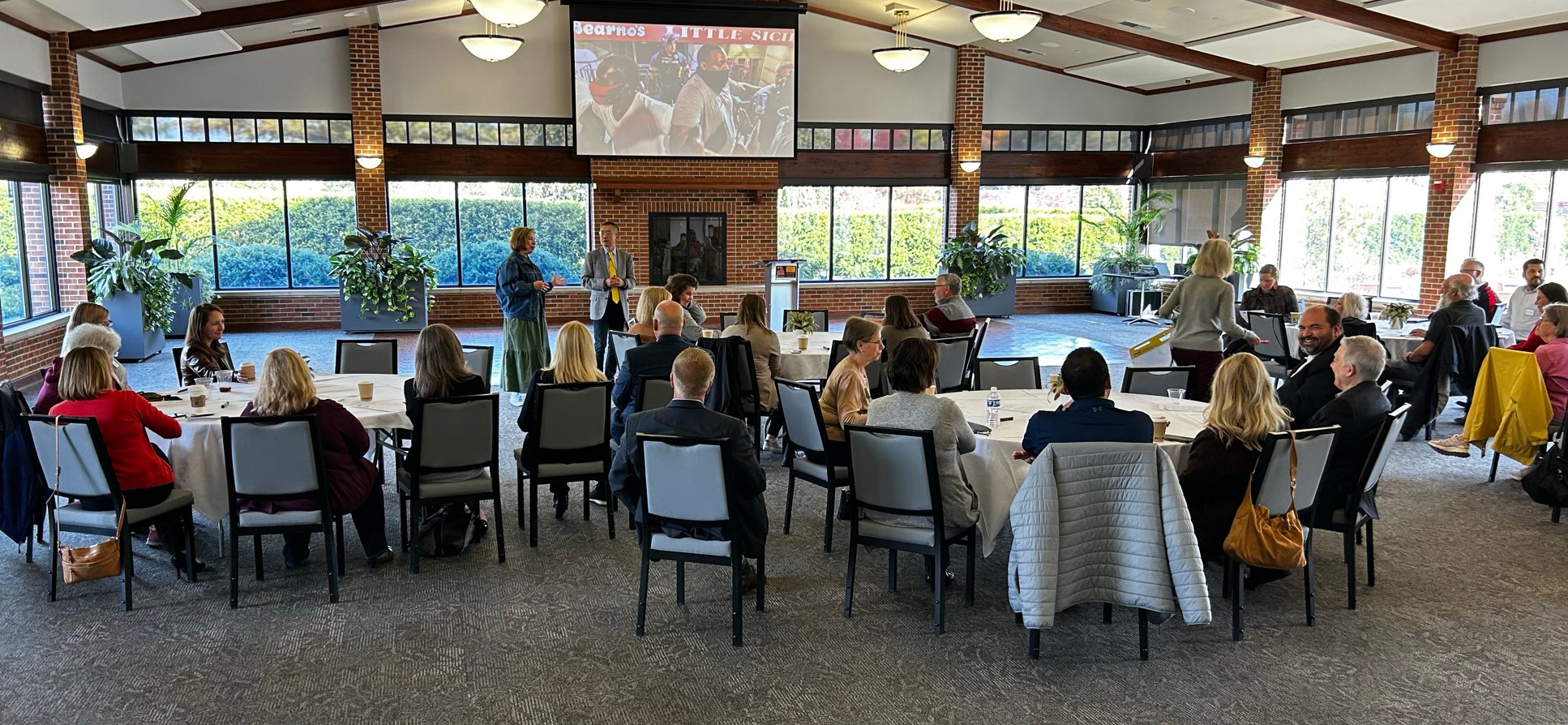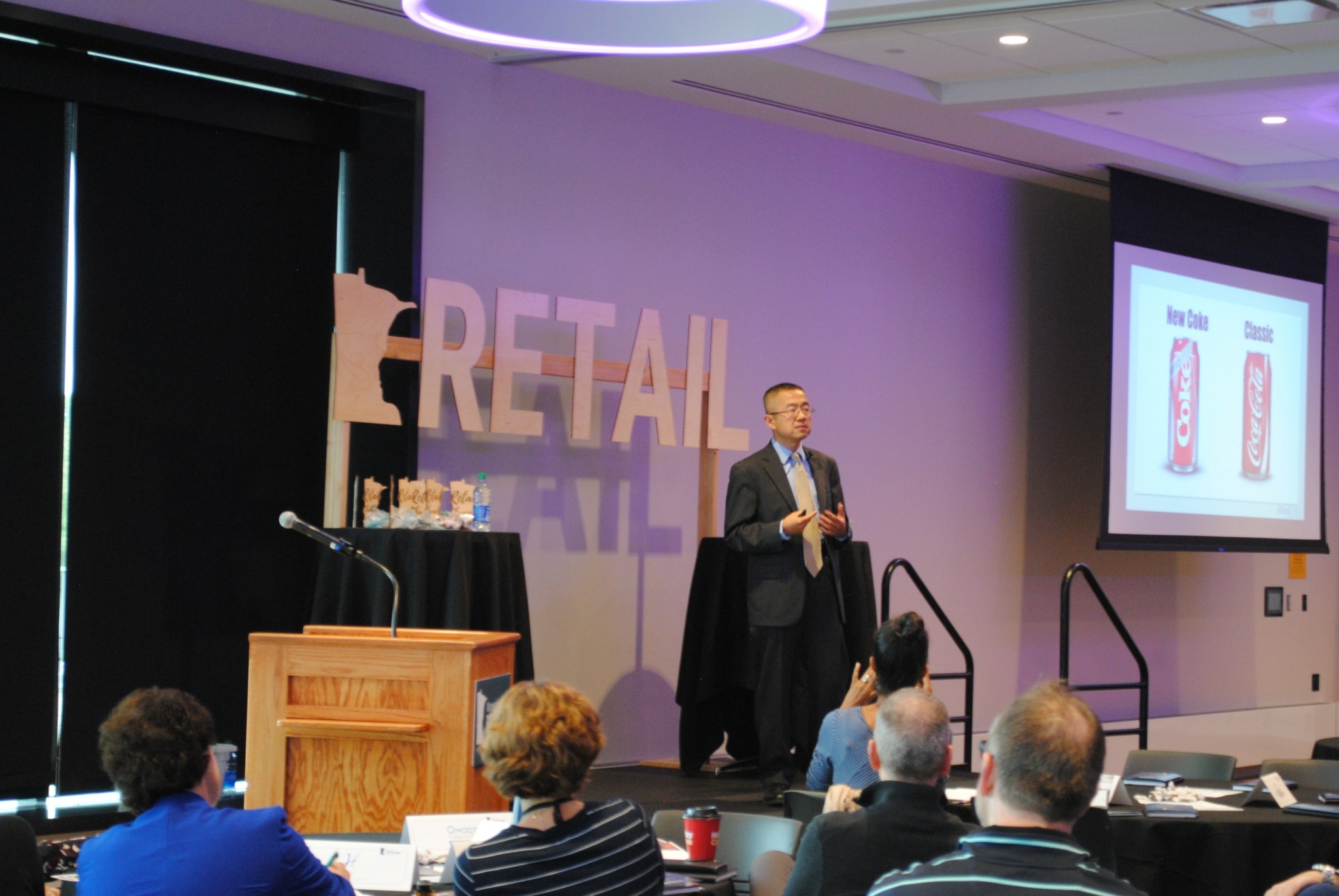We caught up with the brilliant and insightful Terry Wu a few weeks ago and have shared our conversation below.
Terry, thanks for taking the time to share your stories with us today What do you think Corporate America gets wrong in your industry?
Corporate America’s approach to leadership development is a mess of misplaced priorities, shallow thinking, and squandered resources. With leadership more vital than ever, companies keep chasing trendy fads and shallow fixes, wasting tens of billions yearly while entrenching bad practices that hurt performance and employees alike.
The core issue is what I’d call the “leadership entertainment complex.” Instead of solid, science-proven methods, companies, associations, and event organizers flock to charismatic speakers who dish out simple, feel-good stories. These corporate showmen pack conferences with slick talks, catchy tales, and dumbed-down frameworks that boil leadership into neat little lists and buzzwords. It’s not just that this stuff entertains more than it teaches – it’s that it misleads leaders about what real leadership growth takes. When companies bet on “five easy steps” or “three big secrets,” they’re not just burning cash; they’re setting up false hopes.
This trend is further amplified by book publishers who only publish works that are simple and easy to digest and market. If you can boil complex leadership behavioral patterns down to one thing, you don’t need to knock on a publisher’s door. It will knock on yours. This is how buzzwords, such as Start-with-Why, Authenticity, Vulnerability, Humility, and Empathy, come fast and furious and fizzle quickly like a glass of Coke under the hot sun.
Then, there’s the obsession with quick fixes. Companies crave fast turnarounds and instant solutions for messy problems. Think of a rah-rah keynote that inspires leaders, bestselling books with made-up parables, or training that hawks simple tricks as skill-builders. It’s all a waste of time and money.
Worse still, Corporate America seems allergic to science in this arena. They’d never greenlight untested medical plans or sketchy accounting, but they’ll lap up leadership programs with zero proof behind them. Made-up stories are abundant, but no one bothers to ask those speakers, “How do I know you didn’t make this up?” It’s a glaring gap: they lean on anecdotes, ignore research, and pick trendy fluff over what’s actually proven.
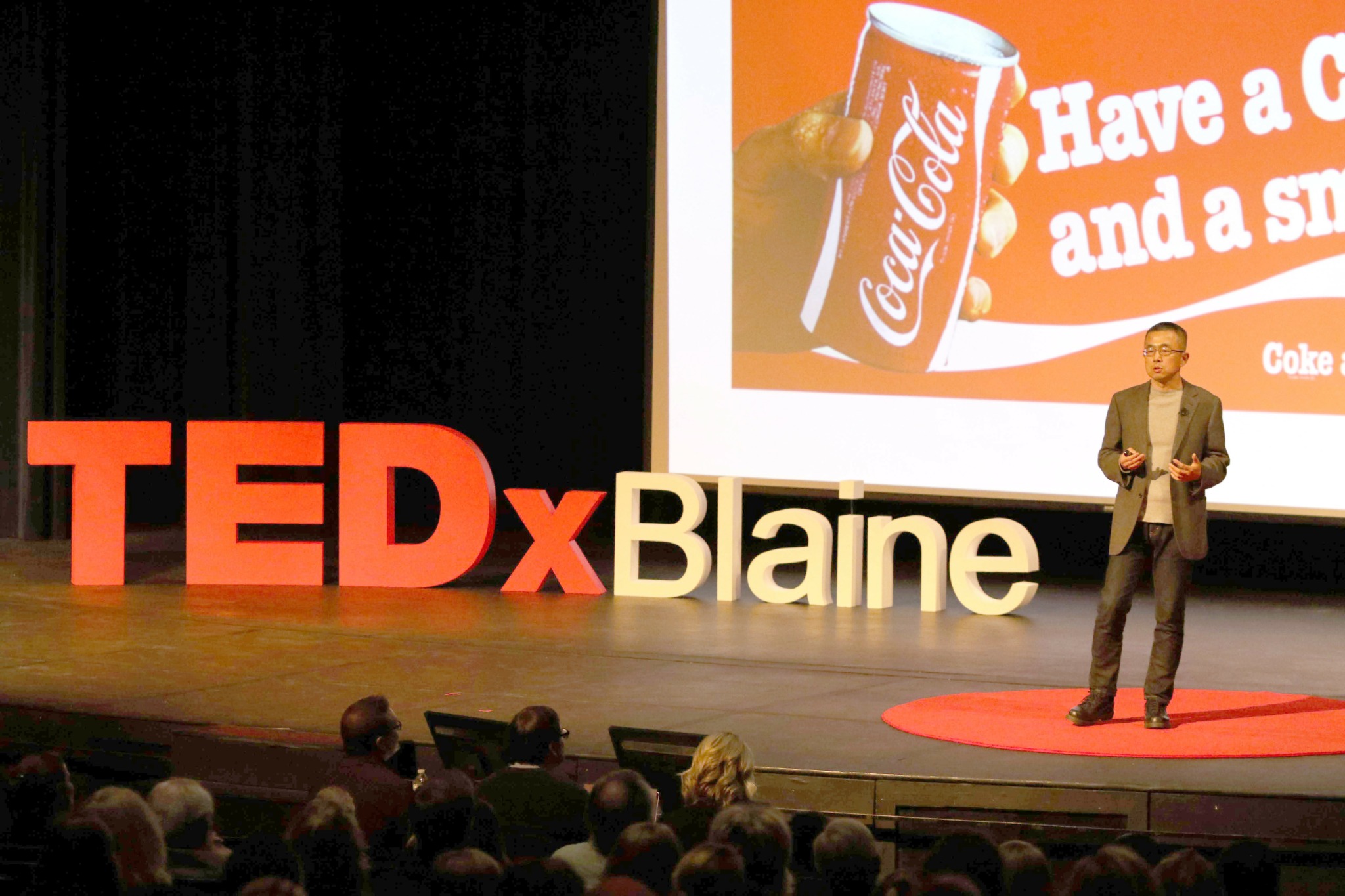
Awesome – so before we get into the rest of our questions, can you briefly introduce yourself to our readers.
In 2018, I started speaking about the intersection of neuroscience and marketing, which became a new scientific field called neuromarketing. My primary goal was to educate business leaders about how to avoid wasting marketing dollars by influencing consumers’ buying decisions. My focus was on the science behind why people buy.
After the pandemic broke out, the world witnessed massive leadership failures at all levels. The leadership industry failed to prepare leaders to face the lack of control, predictability, and progress. I dug into the inner workings of the leadership industry and discovered that the foundation of the industry was built on quicksand. All the fads, made-up stories, rare anecdotes, and buzzwords don’t provide any insights into how leaders should lead and, more crucially, why people follow. I decided to switch from studying the science behind why people buy to uncovering the science behind why people follow.
Now, I facilitate neuroscience-powered leadership training workshops for organizations that value evidence-based strategies and tools. I deliver talks at conferences by various associations and leadership development organizations.
The groundbreaking insight I have uncovered is the intricate relationship between leadership and stress. Scientific research shows that a quick, easy way to reduce stress is to pass it on to someone else. Leaders and bosses become stressors when they dump their stress on their subordinates.
My workshops and talks teach leaders how to mitigate their stressors so they are less likely to pass their stress on to their teams. Plus, they can help their teams mitigate stressors so their teams’ stress doesn’t get passed on to the customers.
What sets my approach apart is the commitment to turning science into practice. I make highly complex science accessible and actionable for leaders at all levels. I equip leaders with a deep understanding of their behavior and their followers’ behavior. I empower them with proven tools to make them effective and influential leaders.
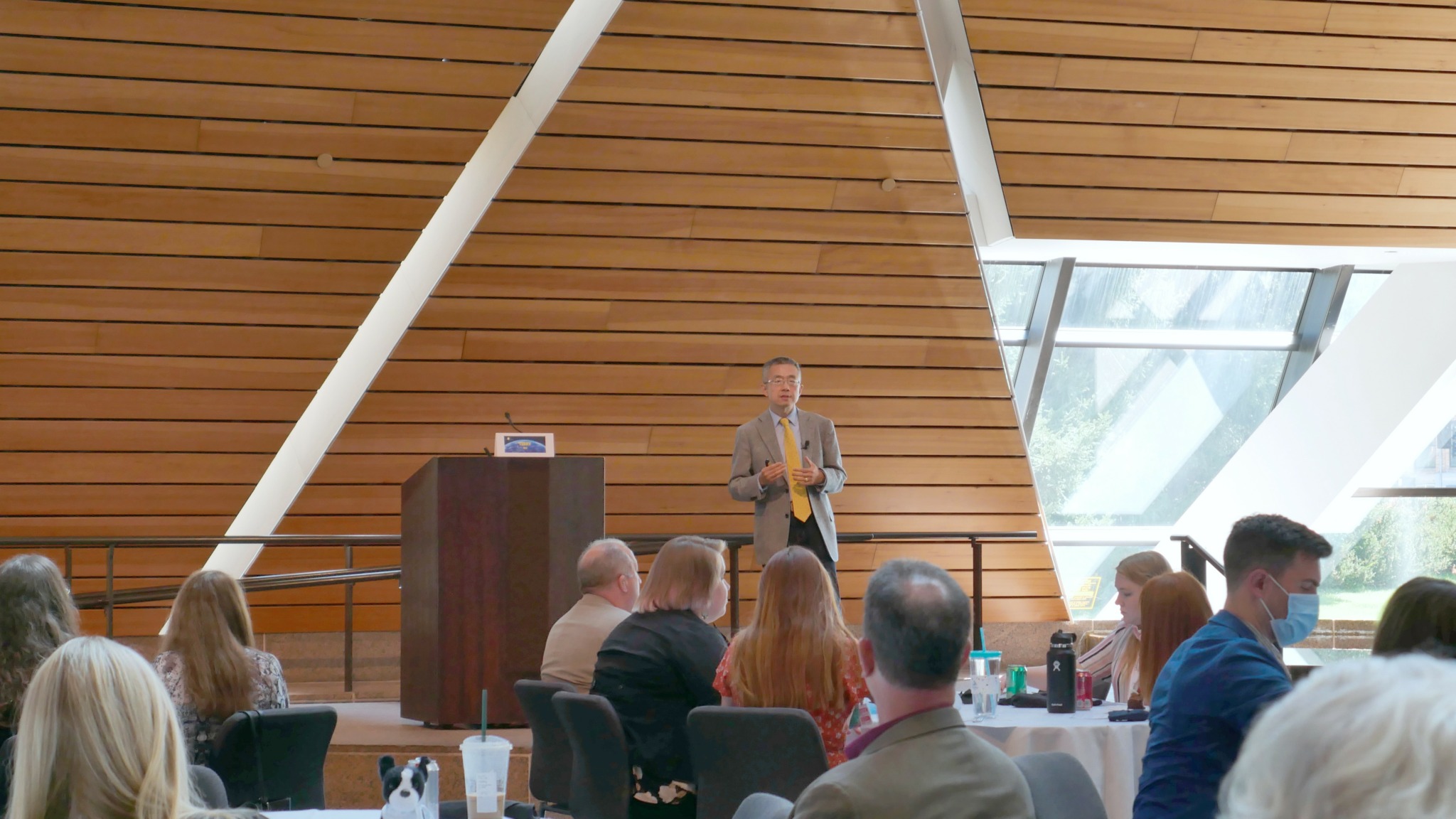
Learning and unlearning are both critical parts of growth – can you share a story of a time when you had to unlearn a lesson?
“Action prompts ideas” is the best advice I have gotten. I had unlearned to be a perfectionist.
Before I started my business, I did a lot of planning and ideation, as I should have. However, too much playing with an idea in your head can be crippling sometimes. You keep thinking of alternatives, backup plans, and worst-case scenarios. Before you know it, months or even years could have passed.
I bumped into a book about starting a business. One line struck me: “Action prompts ideas.” At first, I didn’t understand it. I thought it should be the other way around: ideas lead to action.
Now, more than 20 years later, I truly understand the author’s wisdom. Unless you start doing something, your best ideas won’t come out, and you will only wind up regurgitating the same idea.
The perfectionist in me always nudges me toward identifying something that I could have missed while planning. Now, if I have an idea, I try to put it into action as soon as I can. Unless you start going, you don’t know where you should go.
In 2018, I started public speaking to promote my consulting service in neuromarketing. I got a taste of what it felt like to be in front of an audience. I was truly honored to deliver a TEDx Talk on neuromarketing. That experience allowed me to shift from the intersection of neuroscience and marketing to the intersection of neuroscience and leadership.
After I came up with the idea of speaking about the neuroscience of leadership, I dove right in. That was right in the middle of the pandemic which completely disrupted the speaking industry. I very quickly built some content, which led to the much more refined, impactful content I deliver now. If I had waited until the pandemic was over, I would have lost 3 years, which were pivotal in shaping my new speaking business.
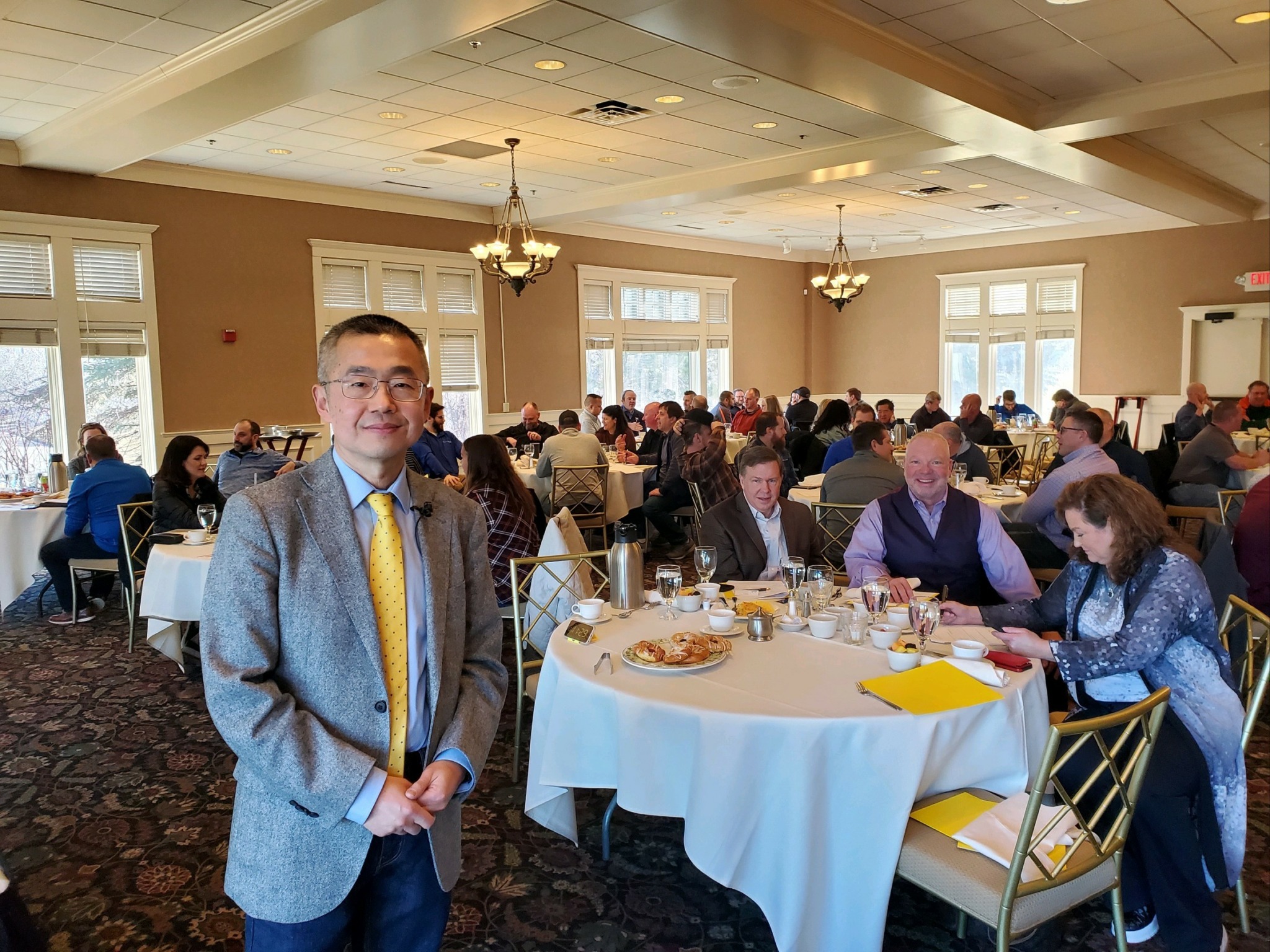
How’d you build such a strong reputation within your market?
I wasn’t afraid to be different from the rest of the crowd.
The leadership speaking world is extremely crowded with run-of-the-mill speakers who recycle each other’s content, tell made-up stories, and entertain rather than educate.
In contrast, I don’t show up as an entertainer. Instead, I empower my audiences with science-proven insights to make their lives and businesses better. I have created my own unique speaking style that translates complex neuroscience into accessible and actionable knowledge.
My style is true to who I am. I don’t get on the stage and put on an act like so many speakers do. I am different, and that is what makes my speaking memorable to my audiences. So many have told me that they could have listened to me for another hour or two after I finished speaking.
The brain pays attention to and remembers what is different. If you look at a picture with 10 people wearing blue shirts, but only one wearing a green shirt, whose face do you look at and who do you remember?
If you can make your business different, your reputation grows faster because it grabs people’s attention.
Contact Info:
- Website: https://www.WhyTheBrainFollows.com
- Linkedin: https://www.linkedin.com/in/terry-wu-neuroscientist
- Twitter: @TerryWuPhD
- Other: https://www.WhyTheBrainBuys.com
